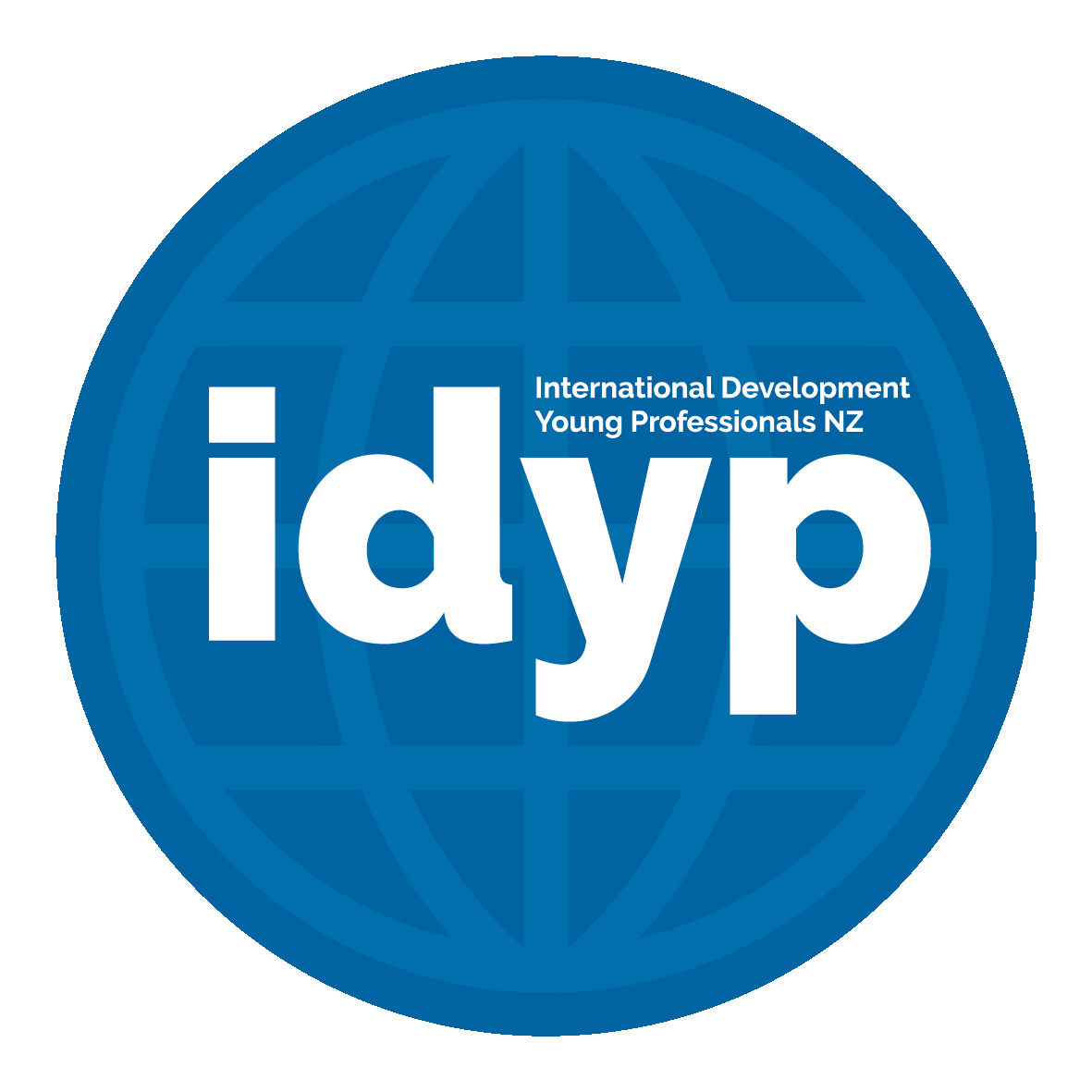A Snapshot of the Sector: Volunteering Abroad
Written by Jonno McPike, IDYP Membership Co-Chair
Edited by Ra Uniyaal, Communications and Awareness Co-Chair, Matt Fowler, Auckland events Co-chair & Elena Pesina, IDYP Treasurer
It has grown increasingly common for us living in Aotearoa New Zealand to forget that Covid-19 continues to impact the globe. Whilst domestic life has returned to normal, volunteer development agencies such as Volunteer Service Abroad (VSA) have learnt to be creative over the year.
As a student originally planning to sign-up for VSA’s UniVol programme for 2021, the halt of operations has paused an otherwise popular avenue for prospective development professionals. Which brought me to ask the question, how does a volunteering agency such as VSA function amidst a pandemic?
Following the initial COVID outbreak, VSA’s operations in the Pacific were halted with nearly all programmes coming to a complete standstill. Immediate impacts saw the swift return of in-country volunteers, staff working from home, and the agency trying to figure out how to restructure programmes looking at the constraints that come with being at a distance. For an agency reliant on skilled volunteers, open travel, and partnering with local organisations, the pandemic brought on a conundrum for the very purpose and existence of VSA.
The interim period saw operations shift towards the e-volunteering space, taking on experienced candidates to build capacity and share technical knowledge. E-volunteering projects include adjusting universities to online teaching in Papua New Guinea and supporting child protection programmes with UNICEF’s regional office. In the wake of an e-volunteering development landscape, development opportunities have transitioned to a part-time basis. Limitations in face-to-face opportunities for New Zealand volunteers seeing reduced funding for operations, staff cuts, and increased amalgamation of VSA positions within the agency according to VSA’s Chief Executive Officer Stephen Goodman last year.
With the movement of people still held in limbo, current day-to-day operations have seen the growing importance of localisation and agencies shifting their commitments to strengthening the independence of local leaders in development. One of VSA’s development projects include providing East Timorese graduates who previously studied at New Zealand universities through an MFAT scholarship, the opportunity to work with VSA’s partner organisations. Localisation prior to Covid was practiced to some degree with the pandemic accelerating the growing trend in development, localisation fundamentally changing the power relationships between donors and recipients.
Currently, operations are starting up again with the NZ-Cook Island bubble, opening the doors for skilled volunteer assignments in the region according to a VSA staff member. As the Pacific rolls out vaccinations, optimistic estimates place Pacific Island countries will open on a case-by-case basis, expanding operations for VSA volunteers. For students wishing to volunteer with VSA there is a glimmer of hope, with the team estimating that the UniVol Programme will be in operation by early 2022. Note, that these estimates are heavily dependent on the situation of the Pacific, with this optimism being dubious in the light of the increased spread of Covid in PNG and Fiji.
Covid-19’s impact upon development is ongoing with talks surrounding the localization trend with operations shifting towards strengthening local capacities. For those interested in the development, terms such as localisation, e-volunteering, and Covid will be on the lips of professionals for years to come…
